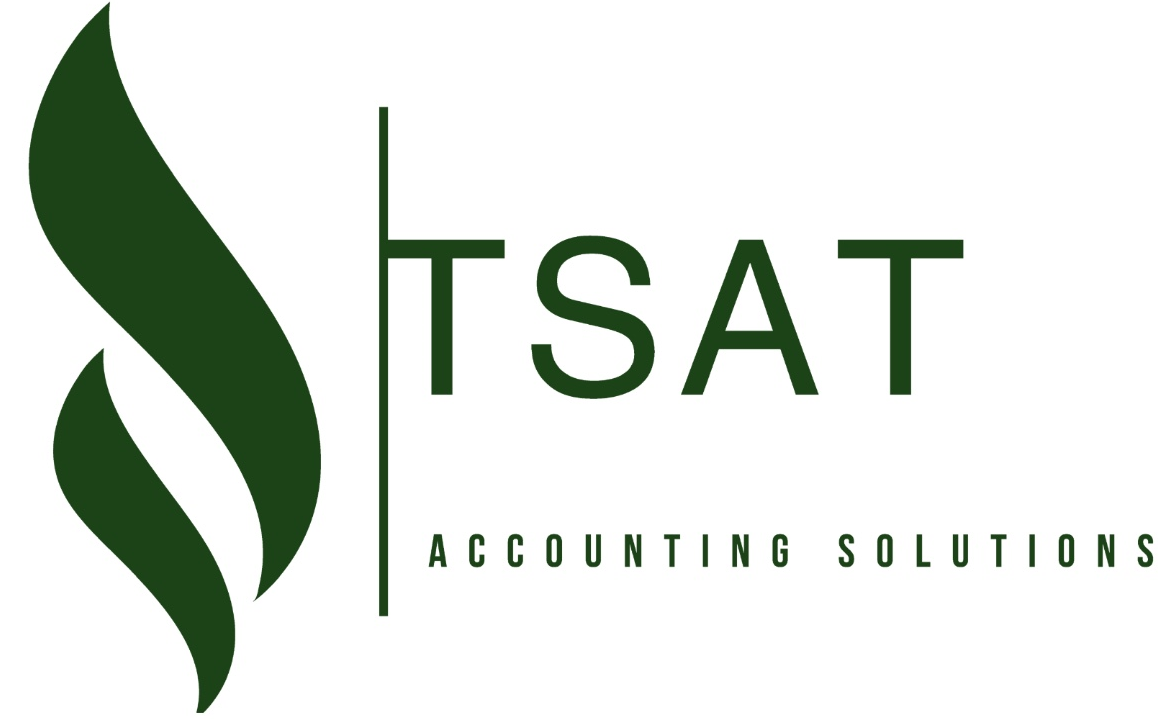
It is very important to know how to avoid tax season phone and online scams. These criminals constantly try to improve their tactics. Each year, they modify the methods of their scams so that they appear more legitimate. The main purpose of these crimes is to instill fear and anxiety among their victims. The tax season is a prime time for scammers to take advantage of taxpayers. This is why it is vital to know how to avoid these fraudulent calls.
To avoid falling prey to scams, it is important to be cautious. There are several common tax schemes that primarily target seniors. The first one involves a fake IRS agent who calls the senior and asks for the bank account information. Sharing this information will allow the criminals to use the money in your bank account. They may use aggressive tactics to get your personal information. So, remember to always hang up when receiving a call. If the caller insists on asking for your financial or bank account details, hang up and call the IRS back.
Don’t give out your credit card number over the phone. These scammers use computers to randomly dial thousands of numbers and demand immediate payment. The criminals will claim that they are the IRS and want to contact you to pay a debt. To avoid being a victim, it’s crucial to remain calm and not give out any information over the phone. The best way to avoid these types of scams is to keep your head high and stay alert. This is especially important during Tax Season, when your wallet is more valuable than your identity.
Another scam involves impersonating a Taxpayer Advocate Service representative. These scammers will pretend to be an IRS employee, demanding you immediately pay for the taxes you owe. This is a common practice in the tax season. The IRS employee who calls will either ask for your bank account number or demand personal information. If you give the information, the criminals will use it to steal your money. If you are a senior citizen, it’s essential to get help from an experienced professional.
How will I know if a phone call from “the IRS” is actually a scam?
Identity thieves generally try to create a sense of urgency when they contact you. Their strategy is to put you in a state of fear or anxiety through threats or by offering deals that sound too good to be true. If these criminals set the hook, you might not realize it’s a scam until it’s too late. That’s why you and your clients must become familiar with the common types of bait in the phishing tackle box.
The IRS lists four things their agents will never do when contacting taxpayers:
- Call to demand immediate payment using a specific payment method such as a prepaid debit card, gift card, or wire transfer. Generally, the IRS will first mail a bill to any taxpayer who owes taxes.
- Threaten to immediately bring in local police or other law enforcement groups to have the taxpayer arrested for not paying.
- Demand that taxes be paid without giving taxpayers the opportunity to question or appeal the amount owed.
- Call unexpectedly about a tax refund.
The IRS will never make phone calls asking for personal information. It does not even initiate phone calls, and they are usually more than likely to be scammers. The IRS is legitimate and you should always contact them first. If a tax preparer asks you for personal information, it is a scam. It will use the same numbers and similar forms as a legitimate tax preparer. If you are suspicious of a potential phone call, you should report it to the IRS.
The IRS never emails or uses social media!

Beware of phishing emails. The IRS does not initiate calls. It will only contact you after you contact the IRS. This means that it is not a legitimate organization. You should only trust reputable tax preparers, not untrustworthy tax fraudsters. They should have an identity protection PIN to prevent scammers from using your personal information. When a tax preparer refuses to sign off your return, it is not a good idea to give them your credit card number.
Taxpayers also need to protect themselves against social media scams, which frequently use events like COVID-19 to try tricking people. Social media enables anyone to share information with anyone else on the Internet. Scammers use that information as ammunition for a wide variety of scams. These include emails where scammers impersonate someone’s family, friends or co-workers.
Social media scams have also led to tax-related identity theft. The basic element of social media scams is convincing a potential victim that he or she is dealing with a person close to them that they trust via email, text or social media messaging.
Using personal information, a scammer may email a potential victim and include a link to something of interest to the recipient which contains malware intended to commit more crimes. Scammers also infiltrate their victim’s emails and cell phones to go after their friends and family with fake emails that appear to be real and text messages soliciting, for example, small donations to fake charities that are appealing to the victims.
What to do if you think you’ve received a scam call or email:
The agency says to report the phone call to the Treasury Inspector General for Tax Administration (TIGTA) and the IRS. That involves contacting TIGTA through their “Report a Crime or IRS Employee Misconduct” page or calling 800.366.4484, then sending an email containing the suspicious phone number—subject: “IRS Phone Scam”—to Phishing@IRS.gov.
The IRS closes their Tax Tip with links to two important tax-related scam resources:
Tax Scams and Consumer Alerts
Report Phishing and Online Scams
Also, be sure to check out the “Security Summit” page on IRS.gov.
At TSAT, we know that a great businesses need to operate at high levels of service, accuracy, reliability, and throughput. We also know that the only way to ensure these things are achieved is to develop a comprehensive set of accounting and finance policies and procedures and to regularly train all personnel involved in the management and control of the company’s software. Only by taking steps toward accounting, quality assurance, and finances can a small business accounting department expand its business and improve its profit margins. It takes a little work to make sure that every aspect of small business accounting is running at full capacity, and we are here to help!
Here at TSAT, we are not simply tax preparers. We work with you to provide a 360-degree strategic financial advice, including small business operations and investment guidance. We will help you stay ahead of the curve when it small business or personal investments!
If you are a gig worker or small business owner looking to grow your business, TSAT’s AMAZING team considers much more than just your taxes!
TSAT’s Services will let you focus on your business’s core competencies! Whether you have a small business or you need help personally, TSAT can give you HOPE! Call us today!
Phone: (417) 208-2858
- Website: TSAT Accounting Solutions
- Facebook: TSAT Facebook
- Calendly : Quickly schedule a 15 minute call!
- Alignable: Connect with Us on Alignable!

“We want to Amaze our Clients not just serve them”. – Tabitha Smith

